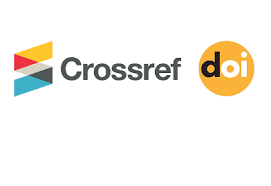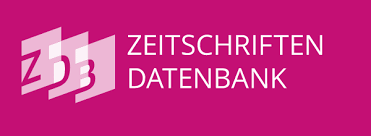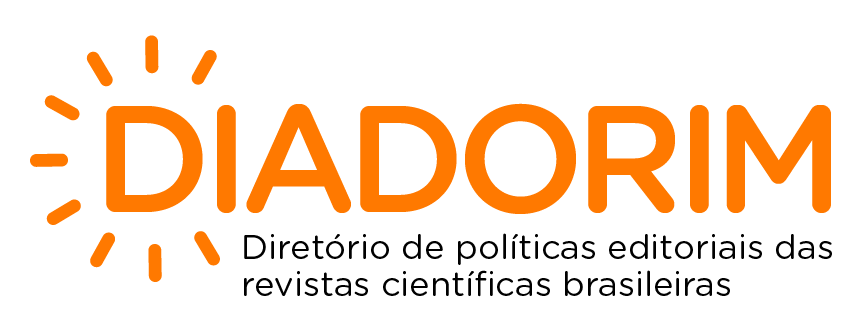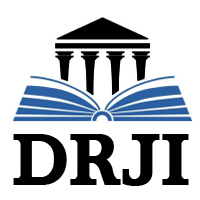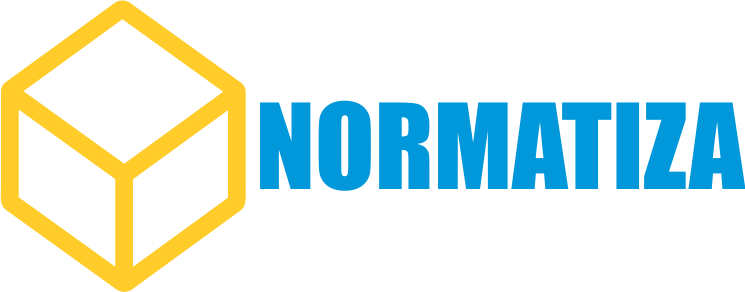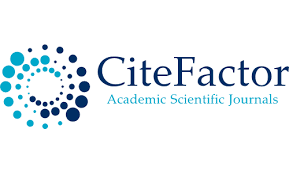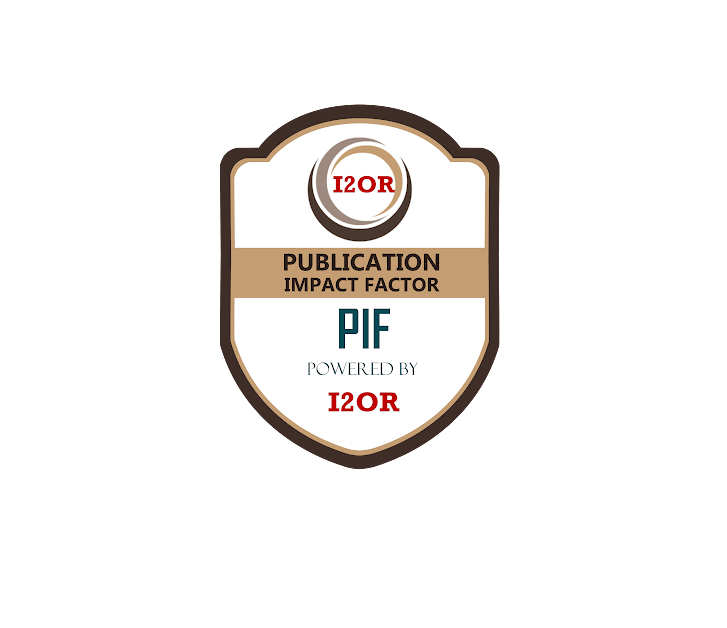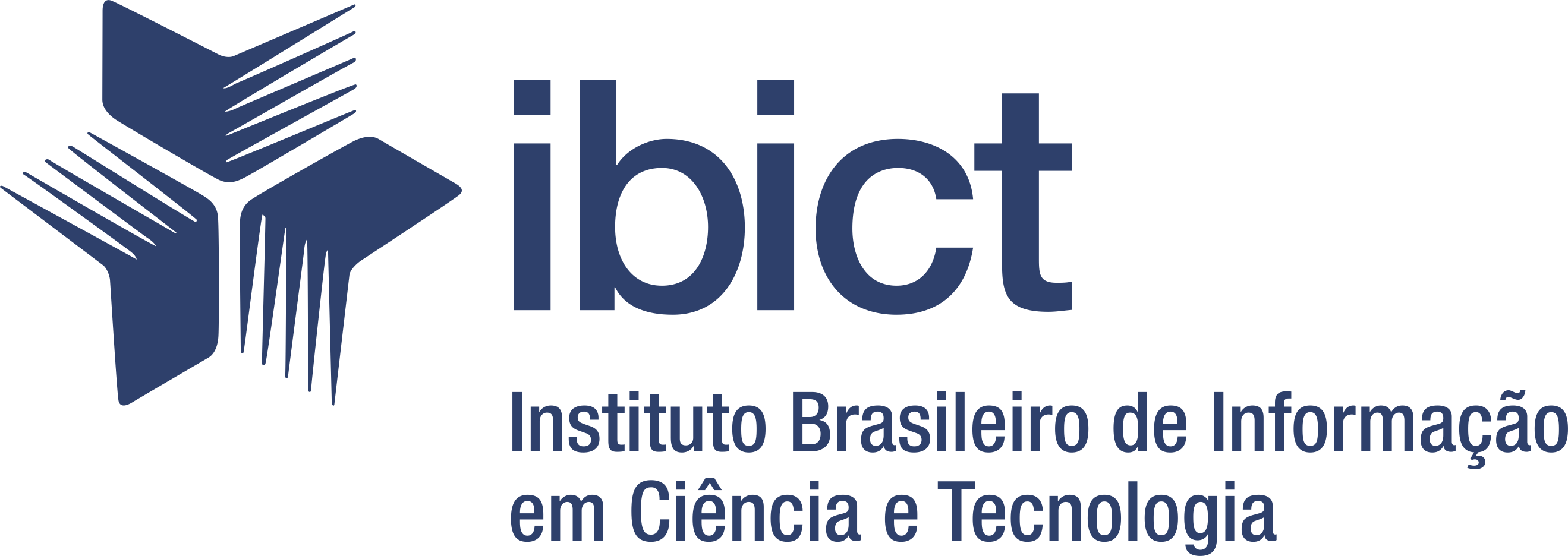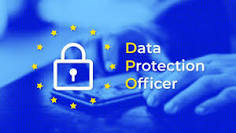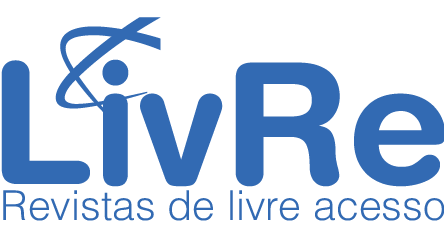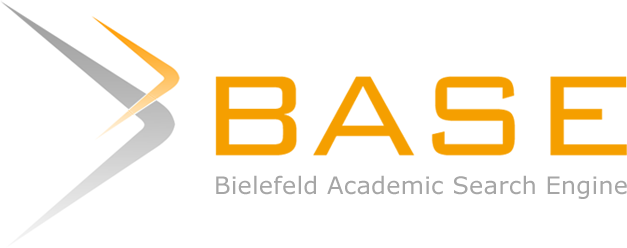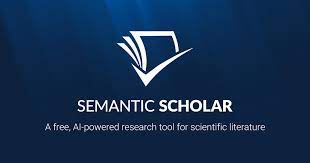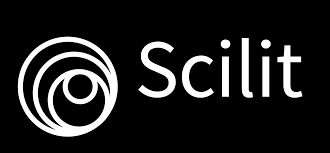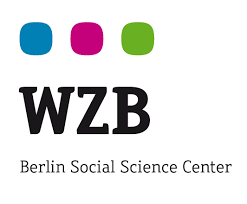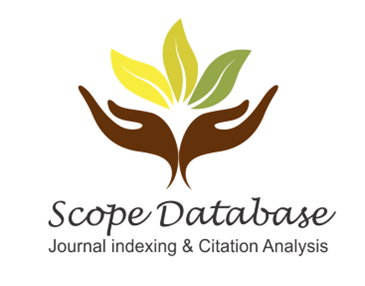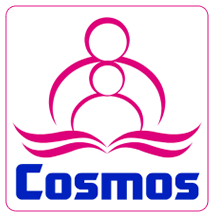NEURORENDIMIENTO: SECRETOS DE LAS HABILIDADES ATLÉTICAS
DOI:
https://doi.org/10.53612/recisatec.v2i11.206Palabras clave:
rendimiento es deseado por muchos atletas que aspiranResumen
El alto rendimiento es deseado por muchos atletas que aspiran a dejar sus marcas en el mundo. Se sabe que los genes son una parte considerable en las habilidades atléticas, pero hay otros factores como la personalidad, los buenos hábitos y varios otros detalles. El objetivo de este estudio es desvelar caminos que lleven a los deportistas a conseguir mejores rendimientos. El estudio proporciona una forma efectiva de lograr este rendimiento con entrenamiento mental, cuidado corporal, salud mental, y confirma que el alto rendimiento es entrenable.
Descargas
Citas
BOLIN, Delmas J. Sleep deprivation and its contribution to mood and performance deterioration in college athletes. Current sports medicine reports, v. 18, n. 8, p. 305-310, 2019. DOI: https://doi.org/10.1249/JSR.0000000000000621
BOWMAN, James Kenneth et al. The Athletic Intelligence Quotient and Performance Outcomes in Professional Baseball. Frontiers in Psychology, p. 2489, 2021. DOI: https://doi.org/10.3389/fpsyg.2021.629827
CRUZ, Lincol Nunes; RODRIGUES, Fabiano de Abreu Agrela. A APLICAÇÃO DA ALTERAÇÃO DE ESTADO EMOCIONAL NA PERFORMANCE ESPORTIVA. Cognitionis, 2022. DOI: https://doi.org/10.38087/2595.8801.127
FIRTH, Joseph et al. The “online brain”: how the Internet may be changing our cognition. World Psychiatry, v. 18, n. 2, p. 119-129, 2019. DOI: https://doi.org/10.1002/wps.20617
FITRIANA, Mimi; XIN, Tan Yan. The athlete performance management: An impact of self-integrity, family supports and social media. Journal of Education and Social Science, v. 12, n. 5, p. 54-63, 2019.
GLEESON, M.; BISHOP, N. C. Elite athlete immunology: importance of nutrition. International journal of sports medicine, v. 21, n. Sup. 1, p. 44-50, 2000. DOI: https://doi.org/10.1055/s-2000-1451
HUDIMOVA, Alisar et al. Research on the relationship between excessive use of social media and young athletes' physical activity. Journal of Physical Education and Sport, v. 21, n. 6, p. 3364-3373, 2021.
HUNTER, Michael D. et al. The state of tranquility: Subjective perception is shaped by contextual modulation of auditory connectivity. Neuroimage, v. 53, n. 2, p. 611-618, 2010. DOI: https://doi.org/10.1016/j.neuroimage.2010.06.053
JEKAUC, Darko; FRITSCH, Julian; LATINJAK, Alexander T. Toward a theory of emotions in competitive sports. Frontiers in Psychology, v. 12, 2021. DOI: https://doi.org/10.3389/fpsyg.2021.790423
KITAMURA, Takashi et al. Engrams and circuits crucial for systems consolidation of a memory. Science, v. 356, n. 6333, p. 73-78, 2017. DOI: https://doi.org/10.1126/science.aam6808
MILLER, Gregory E.; CHEN, Edith; ZHOU, Eric S. If it goes up, must it come down? Chronic stress and the hypothalamic-pituitary-adrenocortical axis in humans. Psychological bulletin, v. 133, n. 1, p. 25, 2007. DOI: https://doi.org/10.1037/0033-2909.133.1.25
MUKHOPADHYAY, D. K. Mental Imagery and Self Hypnosis in Sports Performance. International Journal of Advanced Research in Science, Communication and Technology, p. 105-115, 2021. DOI: https://doi.org/10.48175/IJARSCT-1615
ONU. 1 bilhão de pessoas vivem com algum transtorno mental, afirma OMS. ONU News, 2022. https://news.un.org/pt/story/2022/06/1792702#:~:text=A%20Organiza%C3%A7%C3%A3o%20Mundial%20da%20Sa%C3%BAde,2019%2C%20sendo%2014%25%20adolescentes.
PARISH, James M. Genetic and immunologic aspects of sleep and sleep disorders. Chest, v. 143, n. 5, p. 1489-1499, 2013. DOI: https://doi.org/10.1378/chest.12-1219
PÉREZ, Mara Del Moral; DUQUE, Alba Guzmán; GARCÍA, Laura Fernández. Game-based learning: Increasing the logical-mathematical, naturalistic, and linguistic learning levels of primary school students. Journal of New Approaches in Educational Research (NAER Journal), v. 7, n. 1, p. 31-39, 2018. DOI: https://doi.org/10.7821/naer.2018.1.248
PIEPIORA, Paweł. Assessment of personality traits influencing the performance of men in team sports in terms of the big five. Frontiers in Psychology, p. 1901, 2021. DOI: https://doi.org/10.3389/fpsyg.2021.679724
PREDOIU, Radu et al. Visualisation techniques in sport–the mental road map for success. Physical Education, Sport and Kinetotherapy Journal, v. 59, n. 3, p. 245-256, 2020. DOI: https://doi.org/10.35189/dpeskj.2020.59.3.4
RODRIGUES, Fabiano de Abreu Agrela. Córtex pré-frontal: A inteligência orquestra a vida e determina o comportamento e personalidade. Ciencia Latina Revista Científica Multidisciplinar, v. 6, n. 3, p. 4526-4534, 2022. DOI: https://doi.org/10.37811/cl_rcm.v6i3.2578
SHERLIN, Leslie H.; LARSON, Noel C.; SHERLIN, Rebecca M. Developing a performance brain training™ approach for baseball: a process analysis with descriptive data. Applied psychophysiology and biofeedback, v. 38, n. 1, p. 29-44, 2013. DOI: https://doi.org/10.1007/s10484-012-9205-2
WILSON, Mark R. Anxiety: Attention, the brain, the body and performance. The Oxford handbook of sport and performance psychology, p. 173-190, 2012. DOI: https://doi.org/10.1093/oxfordhb/9780199731763.013.0009
ZALACHORAS, Ioannis et al. Opposite effects of stress on effortful motivation in high and low anxiety are mediated by CRHR1 in the VTA. Science advances, v. 8, n. 12, p. eabj9019, 2022. DOI: https://doi.org/10.1126/sciadv.abj9019
Descargas
Publicado
Cómo citar
Número
Sección
Categorías
Licencia
Derechos de autor 2022 RECISATEC - REVISTA CIENTÍFICA SALUD Y TECNOLOGÍA

Esta obra está bajo una licencia internacional Creative Commons Atribución 4.0.
Os direitos autorais dos artigos/resenhas/TCCs publicados pertecem à revista RECISATEC, e seguem o padrão Creative Commons (CC BY 4.0), permitindo a cópia ou reprodução, desde que cite a fonte e respeite os direitos dos autores e contenham menção aos mesmos nos créditos. Toda e qualquer obra publicada na revista, seu conteúdo é de responsabilidade dos autores, cabendo a RECISATEC apenas ser o veículo de divulgação, seguindo os padrões nacionais e internacionais de publicação.








